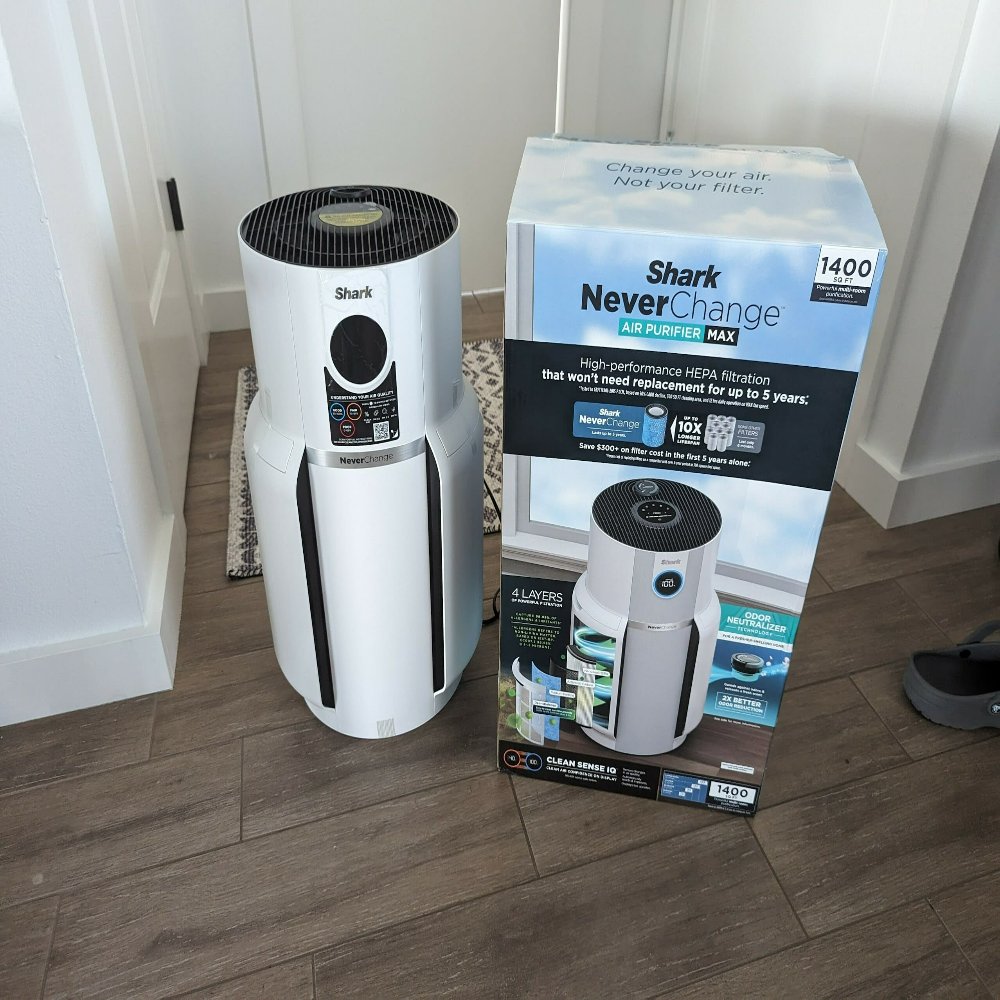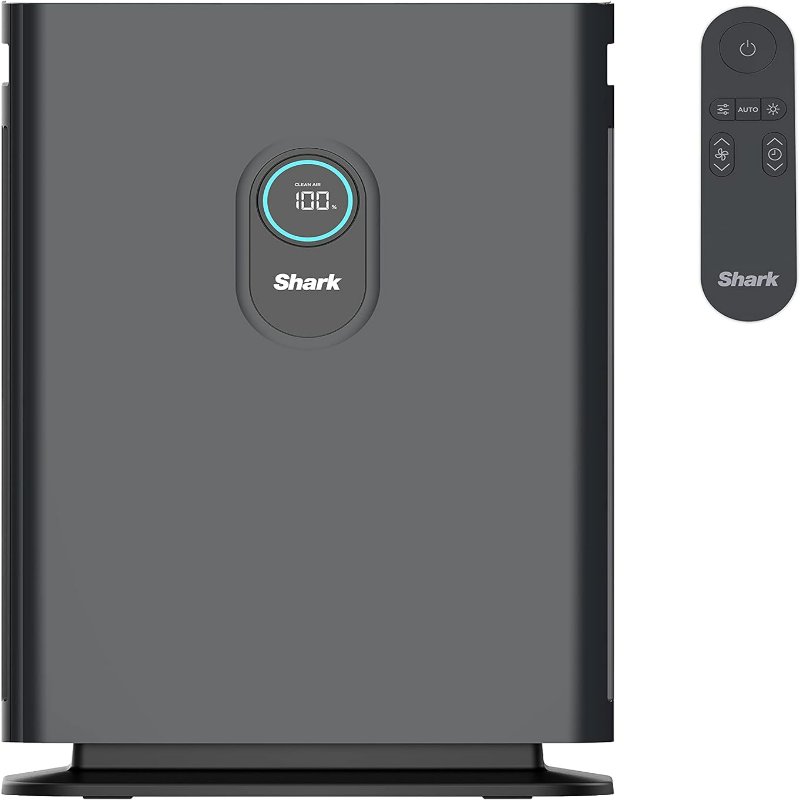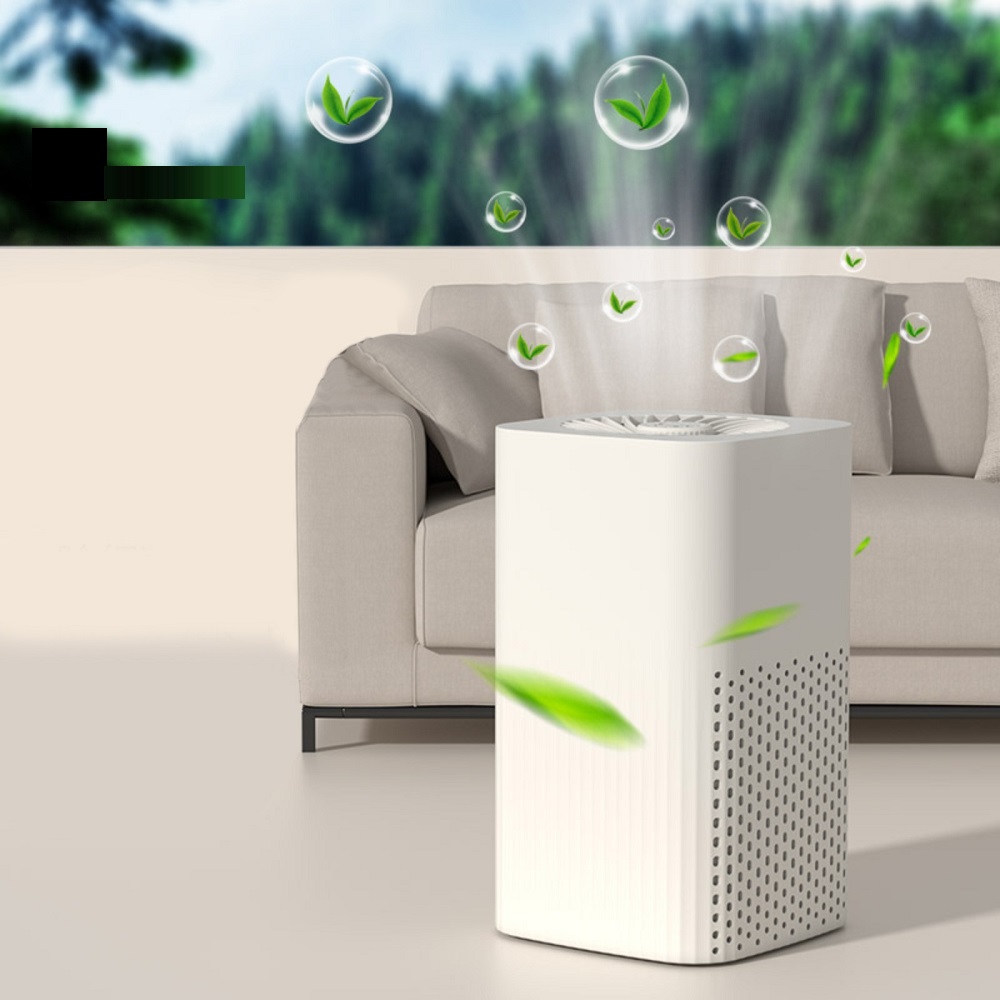Introduction to Air Purifiers and Humidifiers
When considering options for improving indoor air quality and combating sinus issues, two popular devices often come into play: air purifiers and humidifiers. Both have distinct functions and are designed to aid in creating healthier living environments, but they operate on very different principles.
How Air Purifiers Work
Air purifiers are devices that clean the air by trapping pollutants. They use fans to draw air through filters, capturing unwanted particles like dust, pollen, and pet dander. Various types of air purifiers exist, with some using HEPA filters to effectively trap even the smallest particles, while others may deploy activated carbon filters to tackle odors and VOCs. For those with allergies or respiratory conditions, air purifiers can significantly reduce irritants in their living space.
How Humidifiers Work
Unlike air purifiers, humidifiers don’t clean the air. Instead, they emit water vapor to increase the air’s moisture level. This can be particularly beneficial in dry climates or during winter when indoor heating systems can lead to dehydrated air. By adding humidity to the environment, humidifiers can alleviate issues such as dry skin, throat irritation, and sinus discomfort. They come in various forms, including evaporative and ultrasonic, each adding moisture in different ways.

The Role of Air Purifiers in Managing Sinus Issues
Air purifiers have a crucial role in improving sinus health. They effectively remove airborne particles that may irritate the sinuses. Dust, pollen, and pet dander are common culprits that air purifiers can capture.
Benefits of Air Purifiers for Sinus Health
Using an air purifier can greatly benefit individuals with sinus issues. It helps reduce exposure to airborne allergens. This reduction in airborne particles helps alleviate nasal congestion and other sinus symptoms. Users often report fewer sinus headaches and improved overall sinus health.
How Air Purifiers Alleviate Sinus Symptoms
Air purifiers work by filtering out contaminants that can irritate the sinuses. They use HEPA filters to trap fine particles effectively. This clean air means less irritation to the nasal passages and sinuses. Regular use of an air purifier can result in fewer sinus infections and decreased discomfort.
Humidifiers’ Impact on Sinus Health
While air purifiers target pollutants, humidifiers focus on moisture levels. They emit water vapor to boost humidity, offering relief for dry air-related issues.
Benefits of Humidifiers for Sinuses
Humidifiers introduce moisture to the air, which is vital for sinuses. This moisture helps soothe irritated nasal passages and promotes comfort. For those living in arid regions or facing harsh winters, humidifiers can be especially beneficial.
How Humidifiers Alleviate Sinus Discomfort
Moisture from humidifiers keeps nasal tissues moist. This helps reduce the risk of infections and relieves sinus-related headaches and discomfort. Regular use of a humidifier, particularly during dry seasons, can support overall sinus health.

Choosing Between an Air Purifier and a Humidifier for Sinus Relief
When it comes to sinus relief, deciding between an air purifier and a humidifier needs careful thought. Each device serves a different purpose, but both can help with sinus problems in their own way.
Factors to Consider
Several key factors should influence your choice between an air purifier and a humidifier for sinus issues:
- Allergy Triggers: If dust, pollen, or pet dander worsen your sinus issues, an air purifier might be the better choice.
- Air Moisture: If dry air is causing sinus discomfort, a humidifier can help by adding essential moisture.
- Climate: Consider the climate you live in. Dry climates or cold winters with indoor heating point towards the need for a humidifier.
- Health Conditions: Think about other health issues. Asthma or allergic reactions might need an air purifier, while a humidifier can help with just dry air discomfort.
Recommendations for Sinus Sufferers
For those constantly battling with sinus problems, here are some tips:
- If your sinuses are often stuffy, choose an air purifier with a HEPA filter to remove irritating particles.
- If you wake with a dry nose or throat, a humidifier during the night could provide relief.
- In the case of frequent sinus infections, an air purifier can help reduce the pathogens causing infections.
- It’s advisable to get a hygrometer to check the humidity level and ensure it stays balanced when using a humidifier.
Combined Use of Air Purifiers and Humidifiers
Advantages of Using Both
Combining air purifiers and humidifiers can amplify sinus relief. This dual approach addresses both airborne pollutants and air dryness. Air purifiers focus on removing irritants like dust and pollen, which helps ease respiratory discomfort. Humidifiers, conversely, add necessary moisture to the air, mitigating issues linked to dryness, such as nasal irritation and dry throat. By working together, these devices offer comprehensive support, promoting a healthier indoor environment and enhancing your respiratory comfort.
Tips for Effective Usage
To benefit fully from both devices, position them strategically within rooms. Avoid placing a humidifier close to the air purifier to prevent moisture from compromising the purifier’s filters. Use each device as designed to maximize functionality; for example, cleanse the air with the purifier while maintaining optimal humidity levels with the humidifier. Regular maintenance is crucial. Clean and replace air purifier filters, and use distilled water in humidifiers to prevent mineral buildup. This careful management ensures that both devices operate efficiently, extending their lifespan and improving the quality of the air in your home.

Maintenance and Safety Tips
Proper maintenance and safety practices are essential for optimal operation of air purifiers and humidifiers.
Maintaining Air Purifiers
Regular maintenance of air purifiers ensures effective air cleaning. Here’s how to keep them running smoothly:
- Check filters regularly: Inspect filters often and replace them as recommended by the manufacturer.
- Keep vents clear: Ensure no objects block the air intake and outlet vents.
- Clean the unit: Wipe the exterior with a dry cloth to prevent dust accumulation.
- Monitor performance: If the air purifier’s performance declines, check for clogged filters or other issues.
Maintaining Humidifiers
Maintaining humidifiers helps prevent health hazards like mold growth. Follow these tips:
- Use distilled water: This prevents mineral deposits and microbial growth.
- Change water daily: Replace the water in the humidifier daily to maintain hygiene.
- Regularly clean the unit: Disassemble and clean all parts with mild soap weekly.
- Check for leaks: Ensure the humidifier does not leak, as this could lead to moisture damage.
Ensure that both devices are maintained according to these tips to extend their lifespan and improve your home’s air quality.
Conclusion
Choosing air purifier vs humidifier for sinus relief depends on your specific needs. If allergies or indoor pollutants like dust and pollen are your main concern, an air purifier is ideal. It cleans the air by removing allergens and contaminants. This can reduce sinus inflammation caused by allergic reactions. However, if dry air is aggravating your sinus issues, a humidifier could be more beneficial. It adds necessary moisture to the air, relieving dry nasal passages and supporting overall sinus health.
For optimal sinus health, combining both devices might serve you best. This dual approach targets both dry air and airborne contaminants for comprehensive sinus relief. Remember to maintain and operate each device properly to ensure effectiveness and prolong their lifespan. Regular maintenance such as replacing filters in air purifiers and using distilled water in humidifiers will prevent problems like mold and ineffective air purification.
In conclusion, understanding your specific sinus issues, the climate you live in, and how each device alleviates discomfort will guide you towards making an informed decision. Always consider using both an air purifier and a humidifier for a holistic approach to maintaining optimal indoor air quality and sinus health.